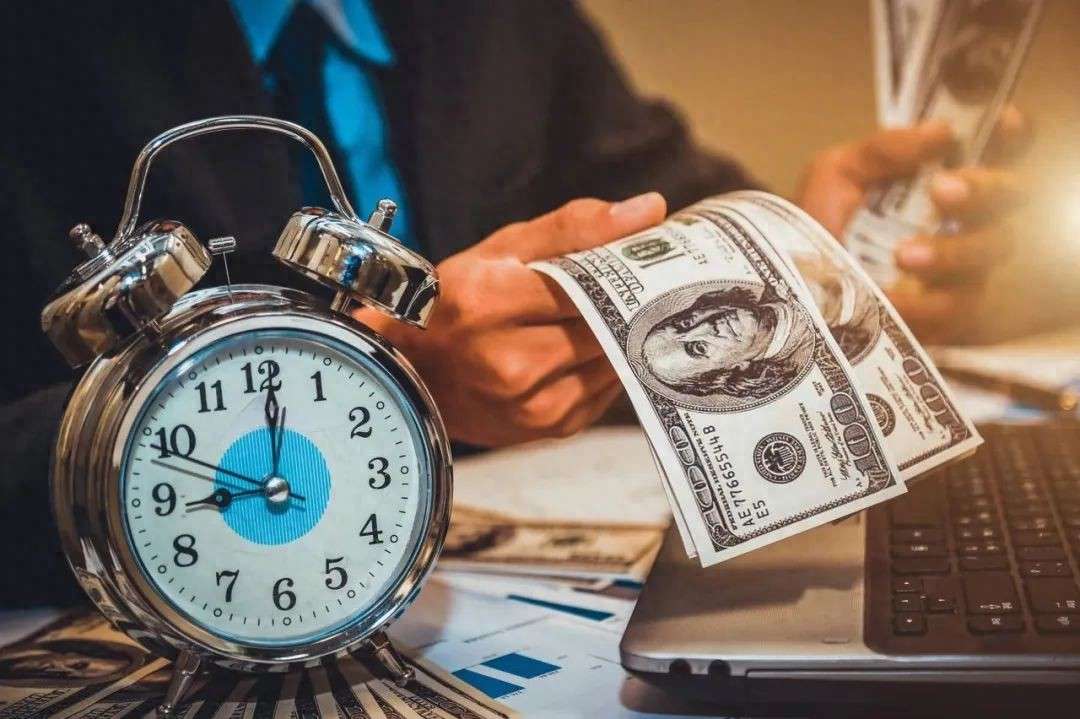The 4% Dollar Time Deposit is About to Expire
Advertisements
In recent months, a noticeable trend has emerged in Shanghai's financial landscape, particularly within the realm of dollar-denominated deposits. Lee Qiang, a wealth management manager at a foreign-funded bank in the area, reported an astonishing increase in the number of inquiries related to dollar deposits—over fifty percent compared to the end of the previous year. This surge in interest is not merely reflected in his bank, but across various institutions and social media platforms, where discussions on the topic have reached a fever pitch.
The dynamism in the dollar deposit sector mirrors broader economic currents and investor behavior. As low-risk investment returns in China's domestic markets dwindle, many investors are now drawn toward foreign currency investments, specifically in U.S. dollars. The allure of potentially higher returns has transformed dollar deposits into a coveted financial instrument for those looking to enhance their wealth.
On a typical morning, Lee observes long queues forming outside his bank, as eager clients rush to the dollar deposit window the moment it opens. This demand is fueled by recent news of interest rate cuts, prompting many to act swiftly in order to secure their investments. Some clients travel from nearby cities specifically for this purpose, seeking opportunities to lock in their dollars at attractive rates as they prepare for upcoming financial commitments. For many, opening a dollar deposit account isn't just a matter of choice; it's a strategic move to safeguard and grow their assets.

One such investor, a keen financial enthusiast named Jojo, recently made the decision to switch her expiring dollar deposit to another bank offering a more favorable interest rate. After researching various options, Jojo discovered a promotional offer from Standard Chartered Bank targeted at new customers, which allowed her to enjoy competitive rates. The offer included an enticing annual interest rate of 4.4% for one-month and three-month deposits and slightly lower rates for longer terms. Despite a recent decline in interest rates, this promotion presented a window of opportunity that Jojo felt compelled to seize before it ended later in the month.
Interestingly, the environment for dollar deposits has been marked by a stark contrast in interest rates across different types of banks. Larger state-owned and joint-stock banks tend to offer lower rates, while foreign banks have been more aggressive in their rate offerings, attracting a wealthier clientele. Standard Chartered and Bank of East Asia are examples of institutions currently providing rates exceeding 4%, catering specifically to investors looking for higher returns in a competitive market.
Moreover, regional city commercial banks are not entirely out of the game, presenting an alternative for those with more modest investment capacities. For instance, banks like Ningbo Bank and Hangzhou Bank offer dollar deposit rates that hover around 3.6% to 4.0%, with significantly lower minimum deposit thresholds ranging from just $100 to $1,000. This accessibility allows a broader segment of the population to engage with dollar investments, mitigating the need for substantial initial capital.
Investment strategies in this climate are informed not just by desire for higher returns, but also by liquidity and risk aversion. Most investors are conscious of the fact that the longer the investment duration, the lower the interest yield tends to be. The underlying rationale for this pattern stems from market uncertainty; many investors predict forthcoming rate cuts from the Federal Reserve, prompting a preference for shorter-term commitments. When circumstances compel banks to raise short-term rates—such as when businesses scramble to meet tax obligations—demand naturally shifts, impacting longer-term rates as well.
Despite the appeal of dollar investments, professional insights indicate that potential investors must approach the dollar deposit market with caution. There are inherent risks, particularly for those needing to convert their cash into dollars. Currency fluctuations can have a significant impact, as demonstrated by the current exchange rate trends that could offset any gains from interest. Lee noted that for customers exchanging yuan for dollars, the recent upward swing in the dollar against the yuan—now hovering around 7.33—signifies that any decline in dollar value could erase accrued interest profits.
The sentiment shared by wealth management professionals is that the future of dollar deposit rates remains uncertain. Analysts like Wang Pengbo believe that the downward trend in rates will persist as the Federal Reserve continues to adjust its fiscal policies. This ongoing situation underscores the importance for investors to remain vigilant, balancing potential interest rate declines with the risks linked to currency exchange fluctuations.
As the dollar deposit market continues to evolve, many experts advocate for a rational approach to investment decision-making. Factors such as individual financial needs, risk tolerance, and broader market trends should guide potential investors in their choices. Flexibility in strategy will be key; as the financial landscape shifts, so too should one's investment posture, allowing for both the maintenance and growth of capital.
Ultimately, whether one's assets are denominated in yuan or dollars, the quest for higher yield remains a priority. In an era of financial uncertainty, diversifying an investment portfolio to include foreign currency options could not only yield better financial returns but also mitigate the risks associated with economic volatility. The continued rise in inquiries over dollar deposits speaks to a broader cultural shift, resonating with a growing interest among Chinese investors in accessing global financial avenues and the opportunities they present.
Categories
Latest Post
- Divergence in Asia-Pacific Stock Markets
- U.S. Government Takes Action Against Google
- NVIDIA's Market Value Soars
- DeepSeek: Shaking up State-Owned Assets
- IMF Warns of Global Interest Rate Risks
- Moderna's Fifth Loss in Two Years
- The 4% Dollar Time Deposit is About to Expire
- Gold's Downtrend Persists Despite Adjustments
- The Booming Hong Kong Stock Options Market